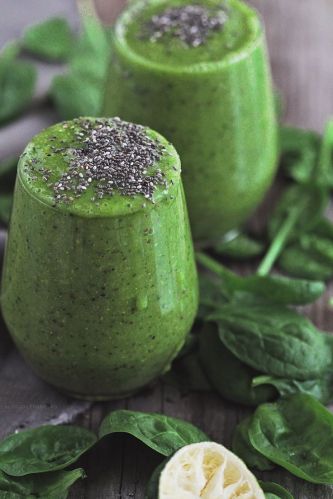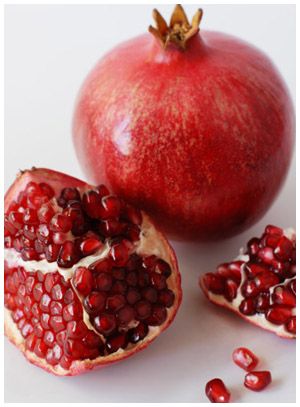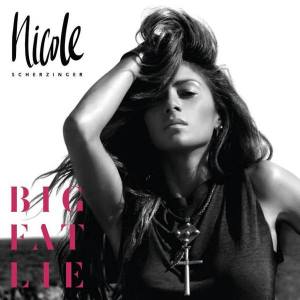With so much conflicting health and diet advice being so casually thrown around, sometimes knowing what to fill your fridge with can be a nightmare. For someone deep in the throws of disordered eating and struggling with its complexities, a qualified nutritionist can seem like a light at the end of the tunnel. No one knows better what we should and shouldn’t be putting in our bodies than a nutritionist right?
Well that’s exactly the problem. Now anyone can become a ‘qualified’ nutritionist (note my use of quotation marks here) by embarking on an online course which takes just 6 days to complete. The issue was flagged up in the recent BBC Three documentary, Clean Eating’s Dirty Secrets – which is well worth a watch, by the way – in which presenter and blogger Grace Victory was able to enrol on the course at literally the click of a button, despite her openly having a history of disordered eating.
It is extremely unsettling that what should be an accomplished and respected profession is so readily accessible. For someone who suffers from troubled eating behaviours, whether presently or in their past, becoming involved in one of these courses is like adding fuel to an already roaring fire. Nourishing the obsession in such a way would undoubtedly have a drastically detrimental affect on their health.
Then you have those who believe that calling themselves a nutritionist entitles them to give sound dietary advice, reeling off long lists of foods to be avoided at all costs and pushing their latest money-making plant based craze on vulnerable followers. Yet what’s worse, is that their so-called qualification means we believe it, however far from accurate and extreme the advice may be.
In the UK, more or less anyone can call themselves a nutritionist because it is not a restricted title. To be a dietician however, requires at least four years of studying at university and to be registered with the Health and Care Professions Council. Qualified dieticians undertake clinical placements and are trained to interpret blood results and medical notes, in other words, they can detect other deficiencies and health concerns caused by disordered eating. Even professionals who call themselves nutrition therapists are often self-regulated and have not completed this essential clinical training and are therefore not suitable to work with someone suffering with an eating disorder.
It is vitally important that anyone struggling with eating seeks the right help from someone who is going to give the right advice. Their Instagram bio may describe them as a ‘qualified nutritionist’ but they could just be another wellness blogger.
For those seeking help from a nutritionist, ensure that they are registered and are a full member of the Association for Nutrition.



















